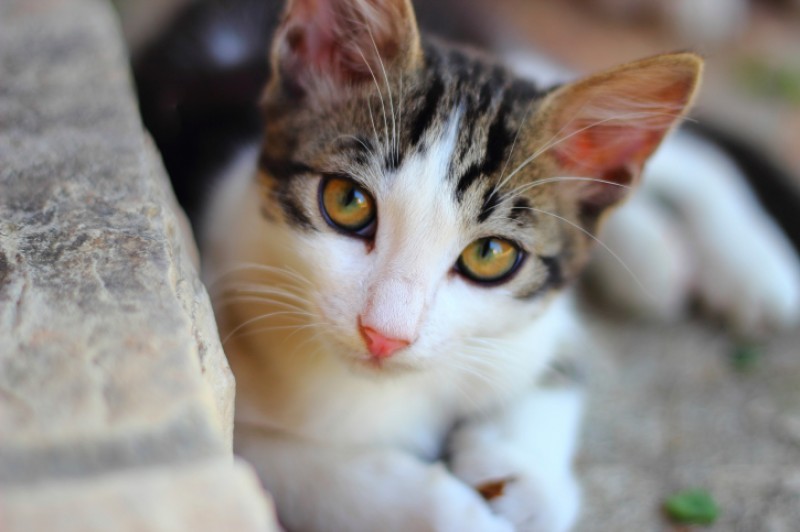- Region
- Vega baja
- Marina Alta
- Marina Baixa
- Alicante
- Baix Vinalopo
- Alto & Mitja Vinalopo
-
ALL TOWNS
- ALICANTE TOWNS
- Albatera
- Alfaz Del Pi
- Alicante City
- Alcoy
- Almoradi
- Benitatxell
- Bigastro
- Benferri
- Benidorm
- Calosa de Segura
- Calpe
- Catral
- Costa Blanca
- Cox
- Daya Vieja
- Denia
- Elche
- Elda
- Granja de Rocamora
- Guardamar del Segura
- Jacarilla
- Los Montesinos
- Orihuela
- Pedreguer
- Pilar de Horadada
- Playa Flamenca
- Quesada
- Rafal
- Redovan
- Rojales
- San Isidro
- Torrevieja
- Comunidad Valenciana
Diseases which can affect cats in the Region of Murcia
Feline Leukaemia and FIV are causes for concern among cat owners in the Costa Cálida
Feline Leukaemia
This is a dangerous virus all over the world, and unfortunately it is widespread in the Region of Murcia, one of the principal reasons being that there are many rural areas in this agricultural region where are significant numbers of cats in rural locations and farmsteads which are often not vaccinated.
Cats tend to roam freely in the countryside and transmission of the virus is difficult to stop as few farm owners maintain their cats purely in a domestic setting, cats often viewed as a means of rodent control. In the cities and urban areas it's a different situation, with fewer "wild" cats.
The feline leukaemia virus causes a "slow virus infection", in other words it has a long incubation period before the first symptoms occur. It affects the lymphopoetic system of the body and the bone marrow, and symptoms can be very unspecific, such as weight loss, swelling of the lymph glands and general depression.
The virus can also cause liver or kidney swelling or a tumor in the chest. A blood test very often shows tumorous white blood cells, but sometimes they disappear from the blood and an antibody test is needed to diagnose the disease.
Treatment of FeLV consists of chemotherapy, similar to leukemia in humans, but life expectancy is not long, and as with other diseases prevention is advisable: the virus is identified and an effective vaccination exists.
Feline Immune Deficiency Virus FIV
This virus is another which exists worldwide, and is sometimes called "cat AIDS" because the symptoms resemble human AIDS. However, no relationship between human AIDS and cat AIDS has been demonstrated.
As its name suggests, the virus affects the cat’s defence system, exposing it to unspecific infection. Again, symptoms are unspecific and include general depression, recurrent high fever, flu infections and skin infections, and often lead to death.
Very often the FIV virus prepares the way for other virus infections such as Feline Leukaemia This combination is fatal for the cat in a short time, and unfortunately at present there is no vaccination: this makes FIV one of the most threatening infections for cats today.
It goes without saying that if you are concerned that your cat appears listless or unhappy, that it is worth taking the pet to a veterinary clinic for a check-up as vets working in Spain are well accustomed to the specific complaints experienced by cats in Europe and will understand the correct blood tests and procedures which should be followed.



















